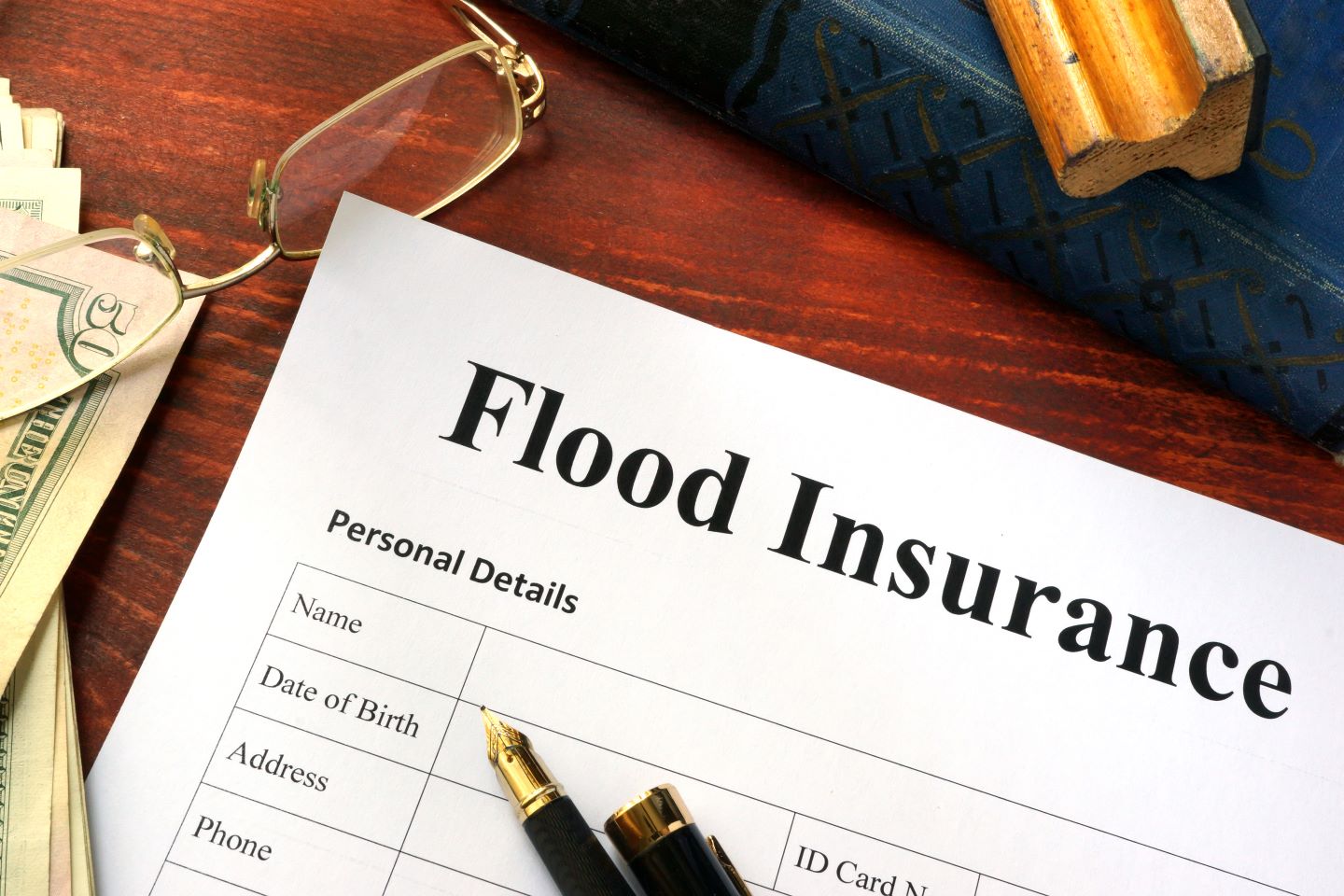UK consumers have to balance the need to tighten budgets with the increasing importance of household insurance as the frequency of storms continues to rise. The Guardian stated that there were 100 weather warnings in place across the UK in the second week of January 2024. However, despite the rising risk of flooding and damages, GlobalData survey data shows that there is a considerable level of underinsurance in the UK household market.
GlobalData’s 2023 UK Insurance Consumer Survey found that 93.7% of homeowners with a mortgage and 91.6% of homeowners who own theirs outright had some form of home insurance. Only 39.3% of private tenants had any form of home insurance. It is worth mentioning that respondents to this survey had to have some form of insurance, so rates may be slightly lower. While the rate among homeowners is high, it still leaves a large number of uninsured homeowners who are vulnerable to adverse weather.
The Guardian, alongside consultants Pearson Ham, estimated that household premiums had increased by 20% throughout 2023. This will put considerable pressure on consumers who will be looking to cut costs where possible during the cost-of-living crisis. Household insurance is not a legal obligation, like motor insurance, so it is therefore easier to cut. However, January 2024 has already shown the risks of not having sufficient cover, as there have been 200 storm warnings and considerable flooding already. One-off payments after a storm or flood are extremely high, and underinsurance therefore leaves many people vulnerable.
This extreme weather is only likely to get worse, and it is very difficult for insurers to mitigate and therefore control pricing. To avoid underinsurance, they will need to communicate the risk of going without insurance. But they may also look towards smart devices to improve their service, the immediacy of payouts, and consequently value. GlobalData expects to see a growth in parametric insurance in areas at risk of flooding. This is where the customer and insurer reach an agreement whereby if water levels reach a certain level in the house, this will be detected by a fitted device and a payout will automatically go through. This will provide people with the funds immediately at the time they need them most and should therefore appeal to potential customers. It remains expensive at the moment and is more common in commercial insurance, with the likes of FloodFlash establishing itself as a leader. Insurers face the challenge of consumers searching for value given the circumstances, but they also face high inflation costs themselves. This is being exacerbated in the household line by more severe weather events, so insurers will need to be more innovative in what they can offer.

US Tariffs are shifting - will you react or anticipate?
Don’t let policy changes catch you off guard. Stay proactive with real-time data and expert analysis.
By GlobalData







